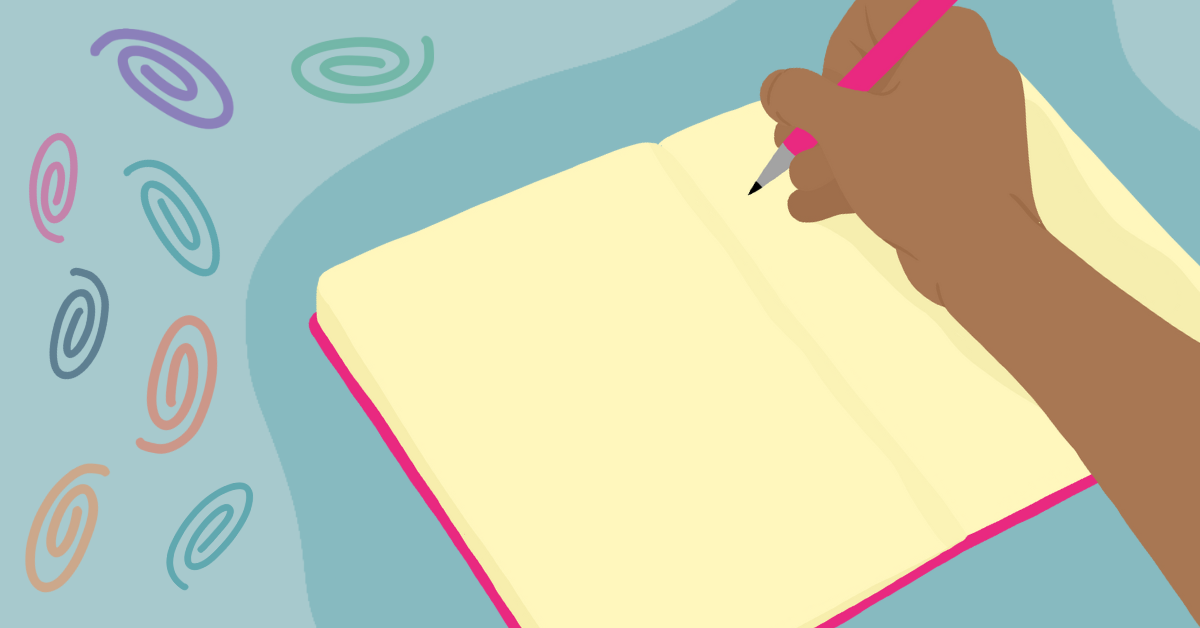Hey! I'm Emma, I'm from Sheffield and I am in my third year studying law here at UoL! I am a huge fan of all animals, a good movie marathon, and cooking all my favourite food. I'm also super lucky…

A guide on PASS/LSP Plans
What is a PASS plan? A PASS plan is shorthand for ‘Personalised Academic Study Support’. It is a unique plan…
May 6, 2022,
read.
What is a PASS plan?
A PASS plan is shorthand for ‘Personalised Academic Study Support’. It is a unique plan which can be organised with the support of the Student Wellbeing team.
What does a PASS plan do?
The PASS plan is a document which will be created and shared with both you and your school, and it will outline the details and specific areas where you may need extra support during your university sessions and during exams.
Who can get a PASS plan?
Anyone with suitable evidence of a diagnosed disability will be able to get support with creating a PASS plan.
Your evidence must include information about your diagnosis and information about how it affects your day-to-day life – this includes how it will affect your academic studies.
Remember! Evidence of a diagnosed disability is not just for those who have a visible disability, it also includes mental health conditions, impairments or specific learning differences like dyslexia or dyspraxia. Have a look at my article about hidden disabilities and health conditions here.
A PASS plan isn’t available for people with short-term injuries or illnesses.
How do I get a PASS plan?
Getting a PASS plan is really simple, and the Wellbeing Team are really helpful and supportive. I found organising my own PASS plan straightforward and it was all completed really quickly. It has given me that little bit of extra support and reassurance I needed to help with my academic studies.
Head to the Student Wellbeing Centre (next to The Swan and the Uni doctors!) during the drop-in times:
- Monday – Friday between 12-2pm
- Thursday evenings (during term-time only) between 5-7pm
Alternatively, you can email studentwellbeing@lincoln.ac.uk for more advice!




